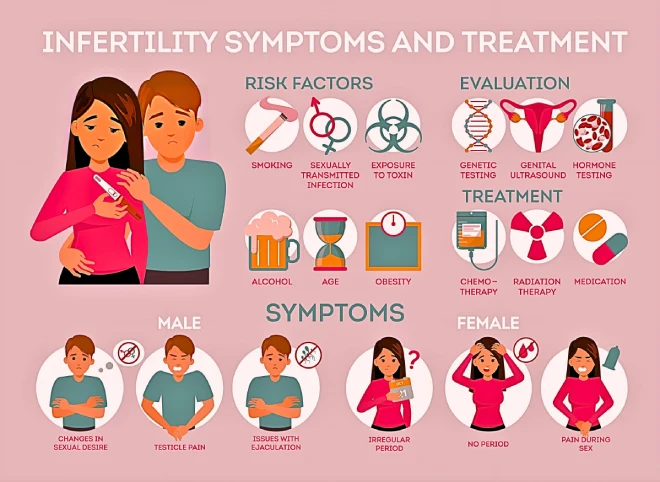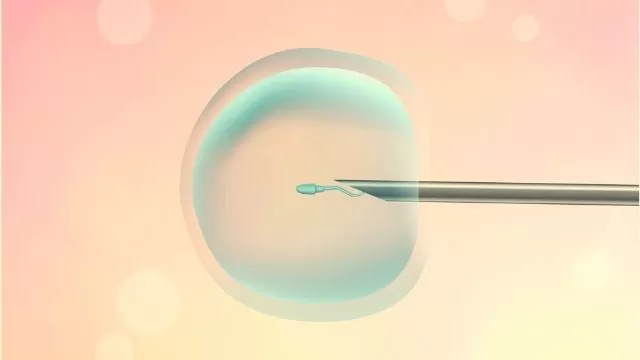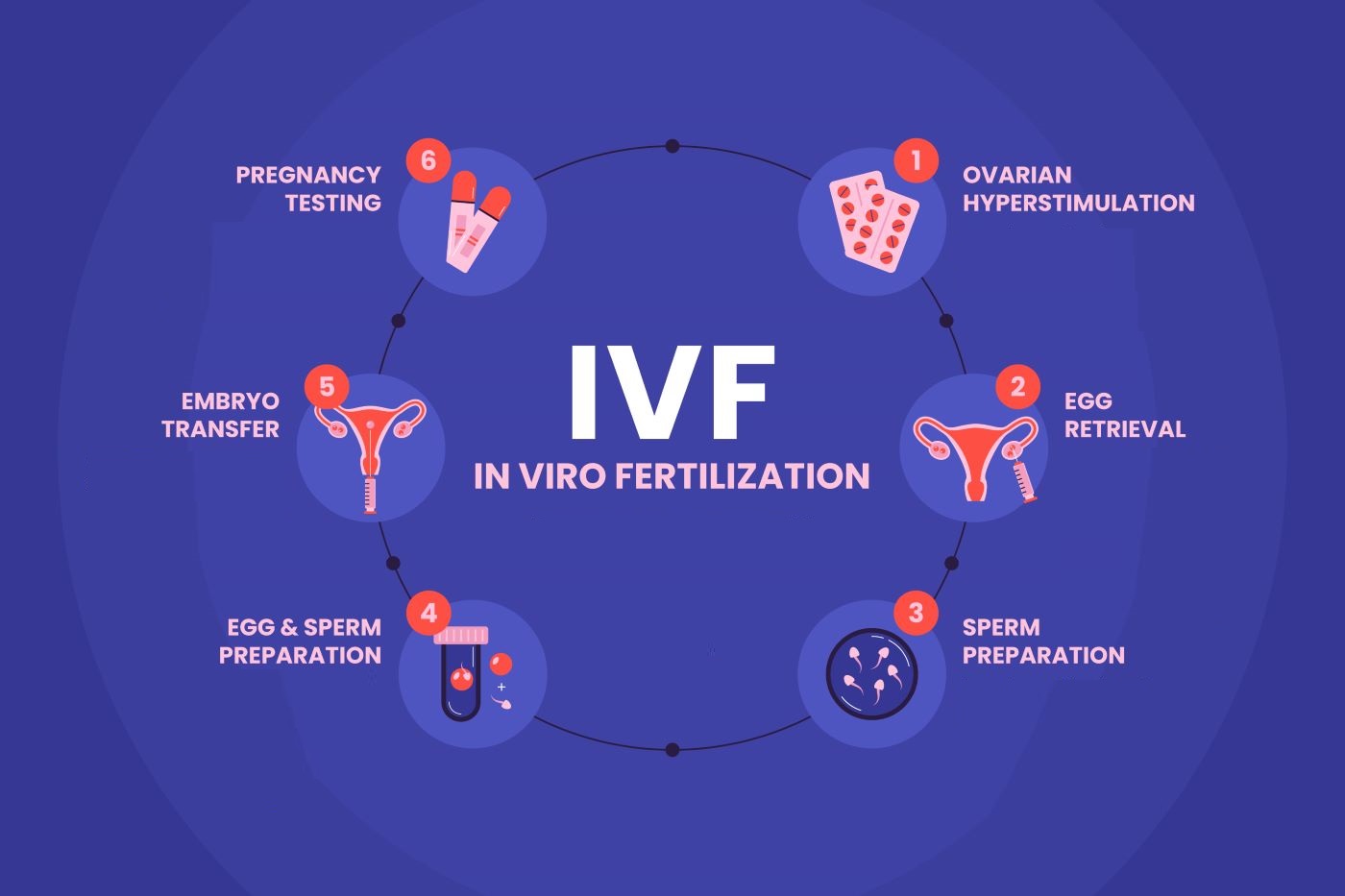What to expect?
ICSI-IVF procedure can be considered in the situations where you are suffering from sperm
related infertility problems like:
* Oligospermia, in which the sperm count is meager.
* Teratozoospermia, in which the sperm has an abnormal shape.
* Asthenozoospermia, in which the sperm movement is low.
In all such situations, ICSI-IVF can provide relief. As in this process, the sperm can be retrieved directly from the men’s testicles, and the process is called testicular sperm extraction or TESE. The sperm so acquired is used for fertilization of the egg through ICSI-IVF. In male infertility problems, it becomes difficult to retrieve the sperms in a good amount. So, with the help of the TESE method, doctors can retrieve the sperms for further procedures.
It is important to note that ICSI-IVF is not only a relief for male infertility problem but
also for other problems where:
* Previous failed IVF treatments.
* If the sperm had been kept frozen in a controlled lab.
* Frozen eggs are being used for fertilization.
* If genetic testing is required to test the abnormalities of chromosomes.
* In Vitro, Maturation is being used that is immature eggs are used to get mature in the lab.

In all such situations, ICSI-IVF can provide relief. As in this process, the sperm can be retrieved directly from the men’s testicles, and the process is called testicular sperm extraction or TESE. The sperm so acquired is used for fertilization of the egg through ICSI-IVF. In male infertility problems, it becomes difficult to retrieve the sperms in a good amount. So, with the help of the TESE method, doctors can retrieve the sperms for further procedures.
It is important to note that ICSI-IVF is not only a relief for male infertility problem but
also for other problems where:
* Previous failed IVF treatments.
* If the sperm had been kept frozen in a controlled lab.
* Frozen eggs are being used for fertilization.
* If genetic testing is required to test the abnormalities of chromosomes.
* In Vitro, Maturation is being used that is immature eggs are used to get mature in the lab.
ICSI-IVF Risks and benefits
The risk related to ICSI-IVF is the same as regular IVF, but the process also adds some
additional risks. The regular risks are pointed down below:
* Increased risk of miscarriage because of multiple births.
* Heart problem in the newborn that may require heart surgery.
* The baby will have less weight.
* The risk of preterm delivery
The additional risks are:
* There is a bit higher chance of congenital disabilities, which means the baby will carry
chromosomal abnormalities.
* The male child will have the same infertility problem as his father due to genetic transfer.
However, there are some benefits to it also, like it provides an opportunity to be a parent when suffering from severe infertility issues. The couple can also opt for this process to use a donor option if he has undergone a vasectomy or he can directly retrieve the sperm from his testicles. It provides a lot of opportunities to not only couples but also single moms. This procedure is even beneficial for an LGBTQ community.

The additional Risks are:
* There is a bit higher chance of congenital disabilities, which means the baby will carry
chromosomal abnormalities.
* The male child will have the same infertility problem as his father due to genetic transfer.
Conclusion
Because of the additional risk, it is recommended by the doctors not to go through ICSI with IVF. But if you have considered other treatments and have not yet benefited, then you can always try ICSI-IVF. It will ensure that you live the life of a parent and experience parenthood.



